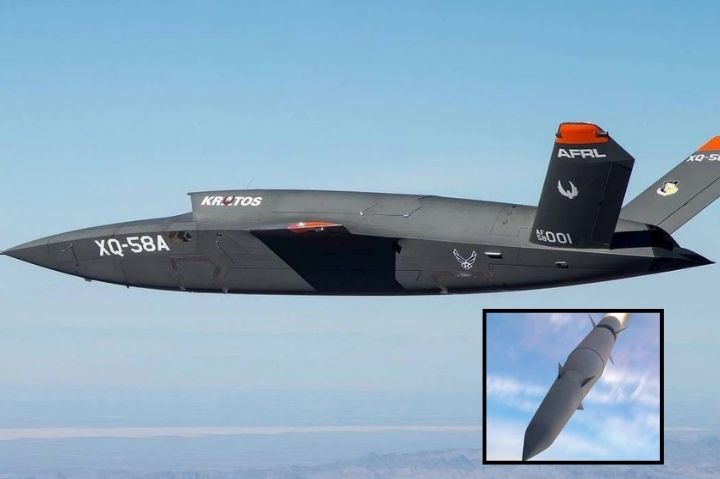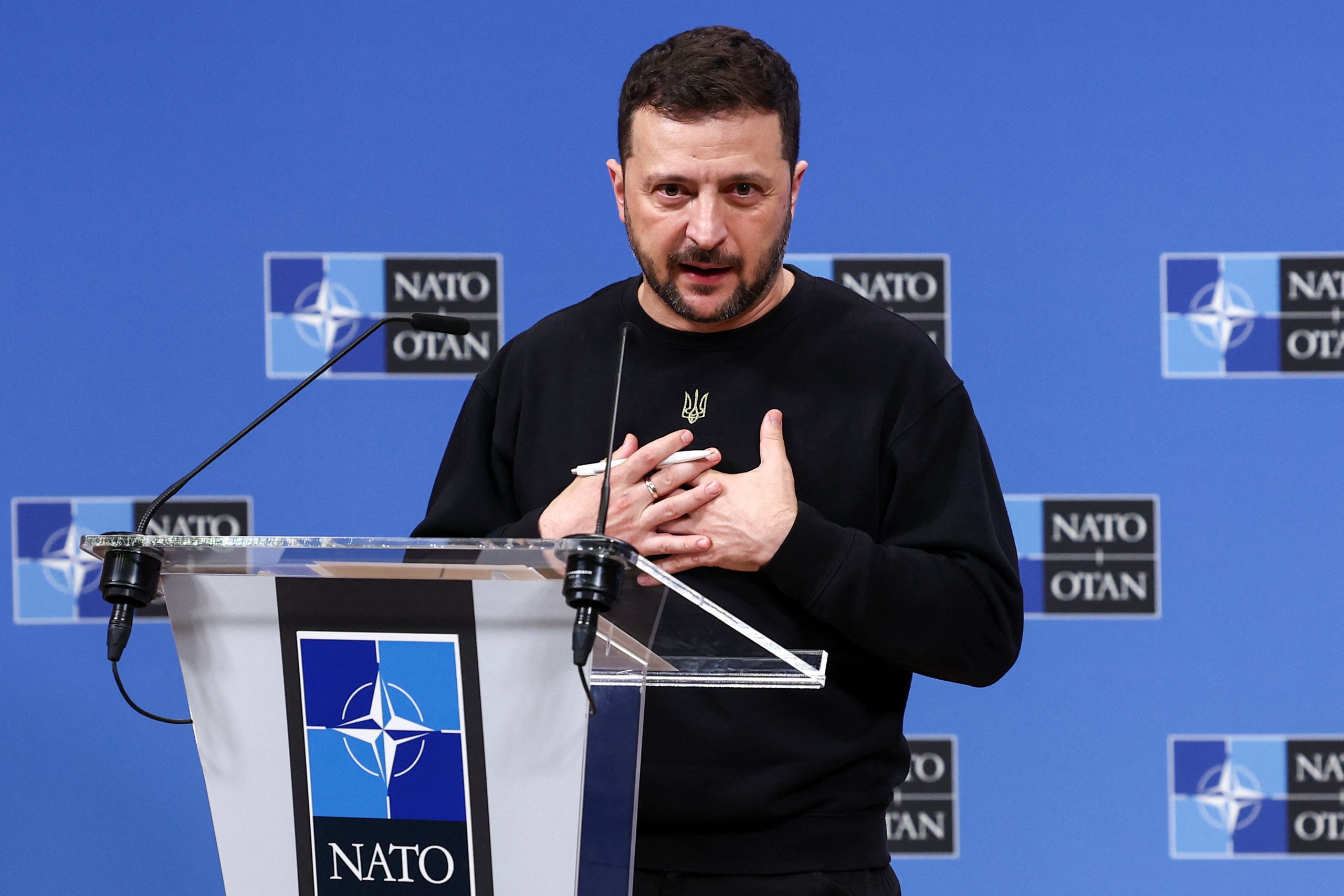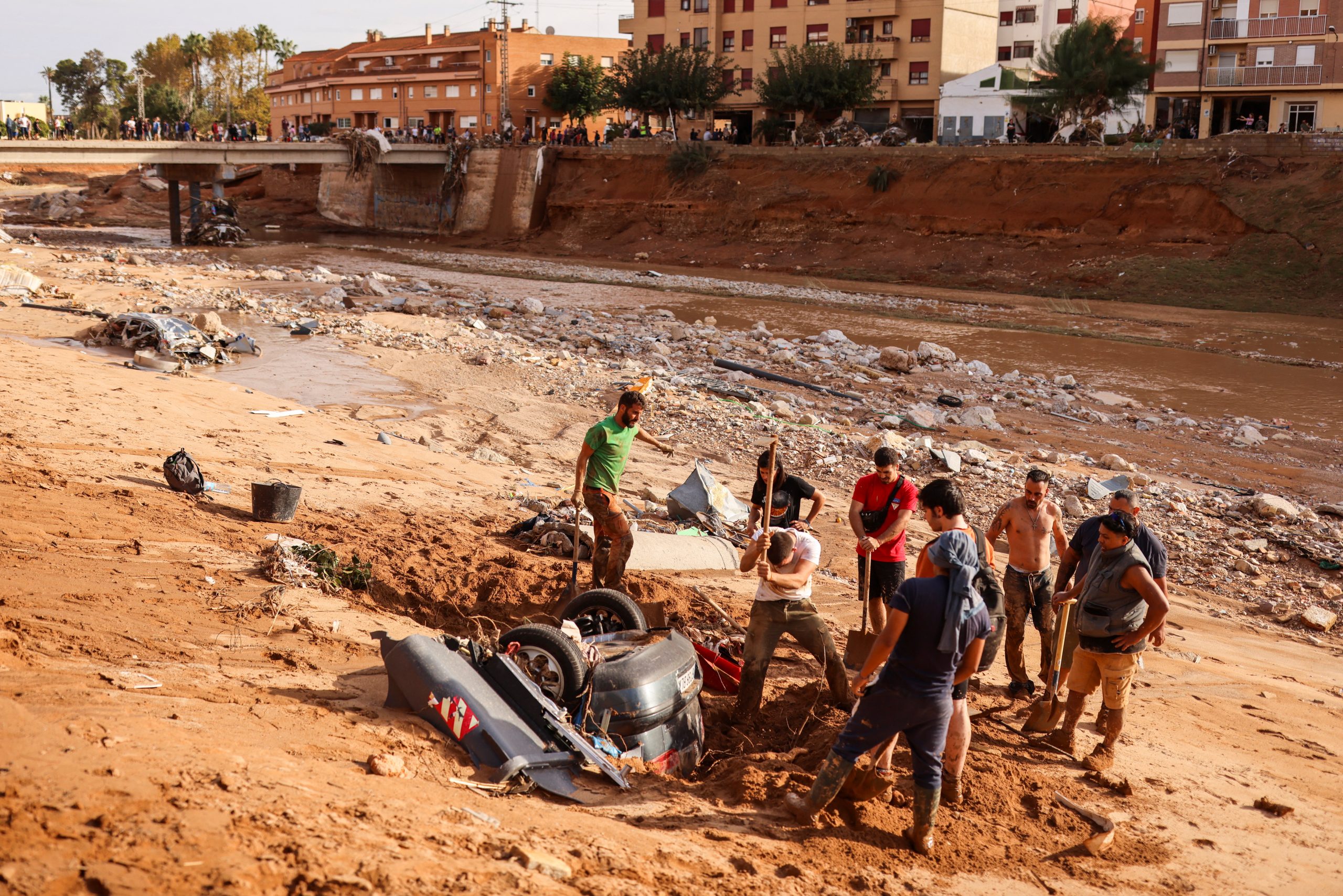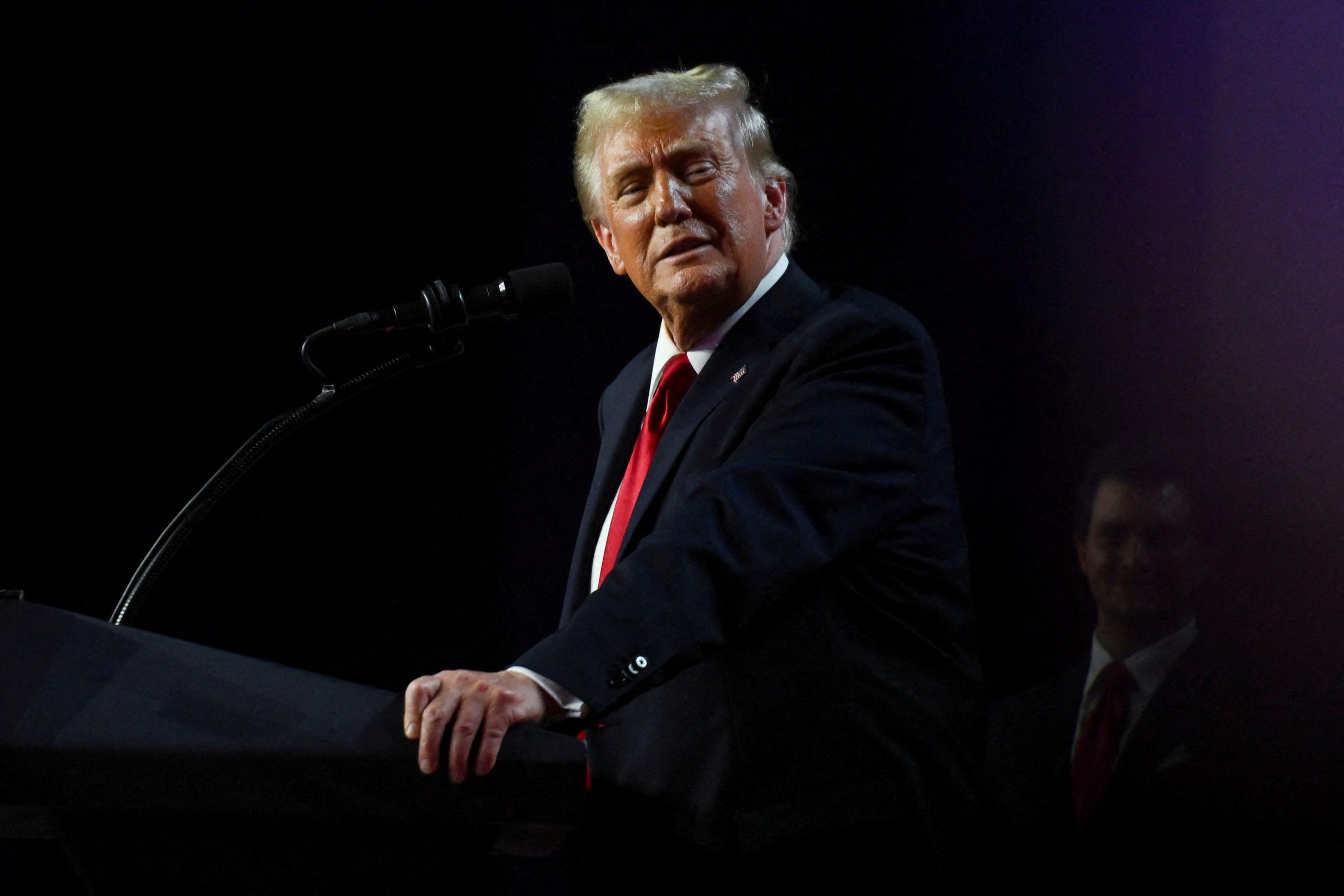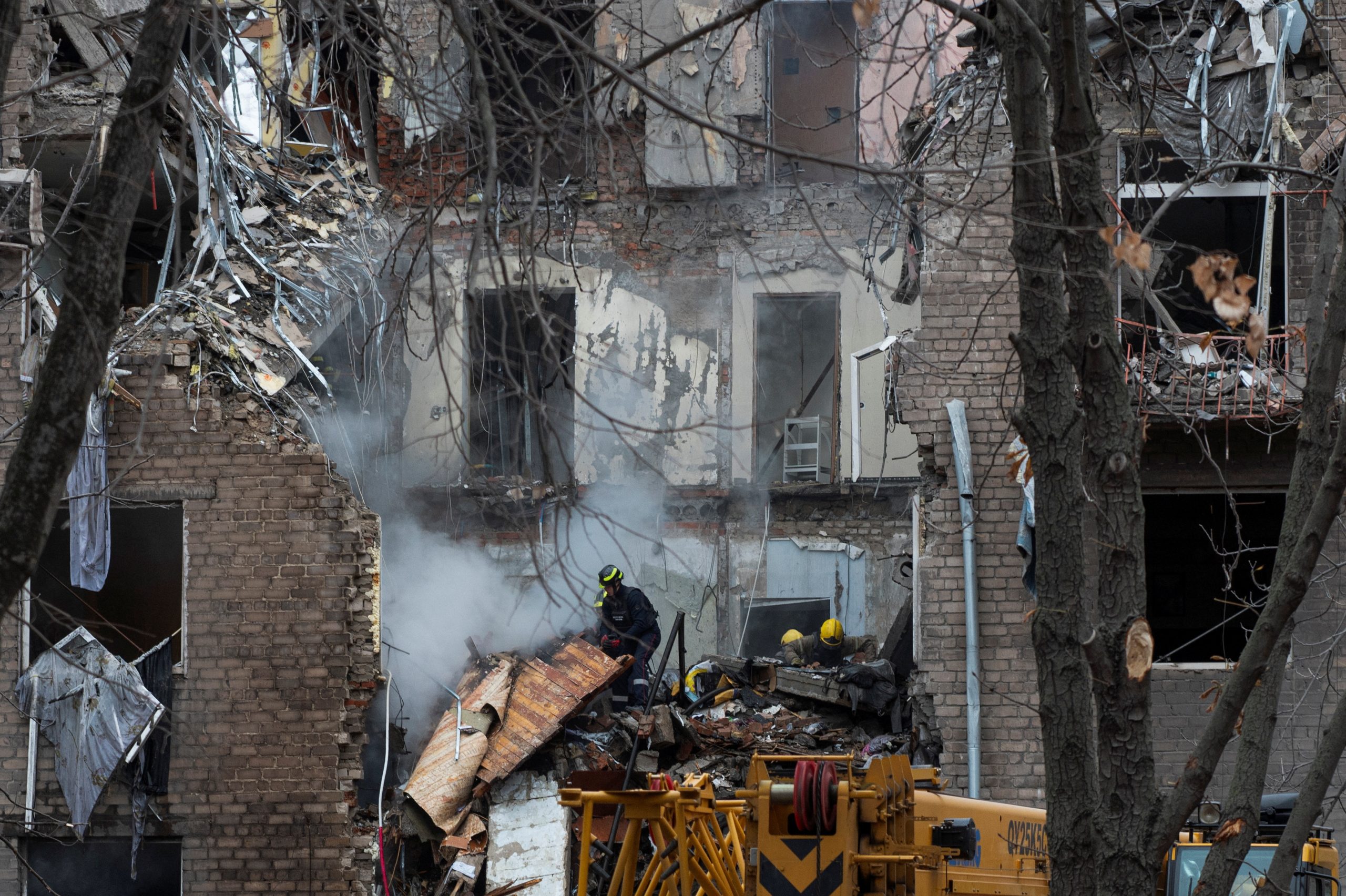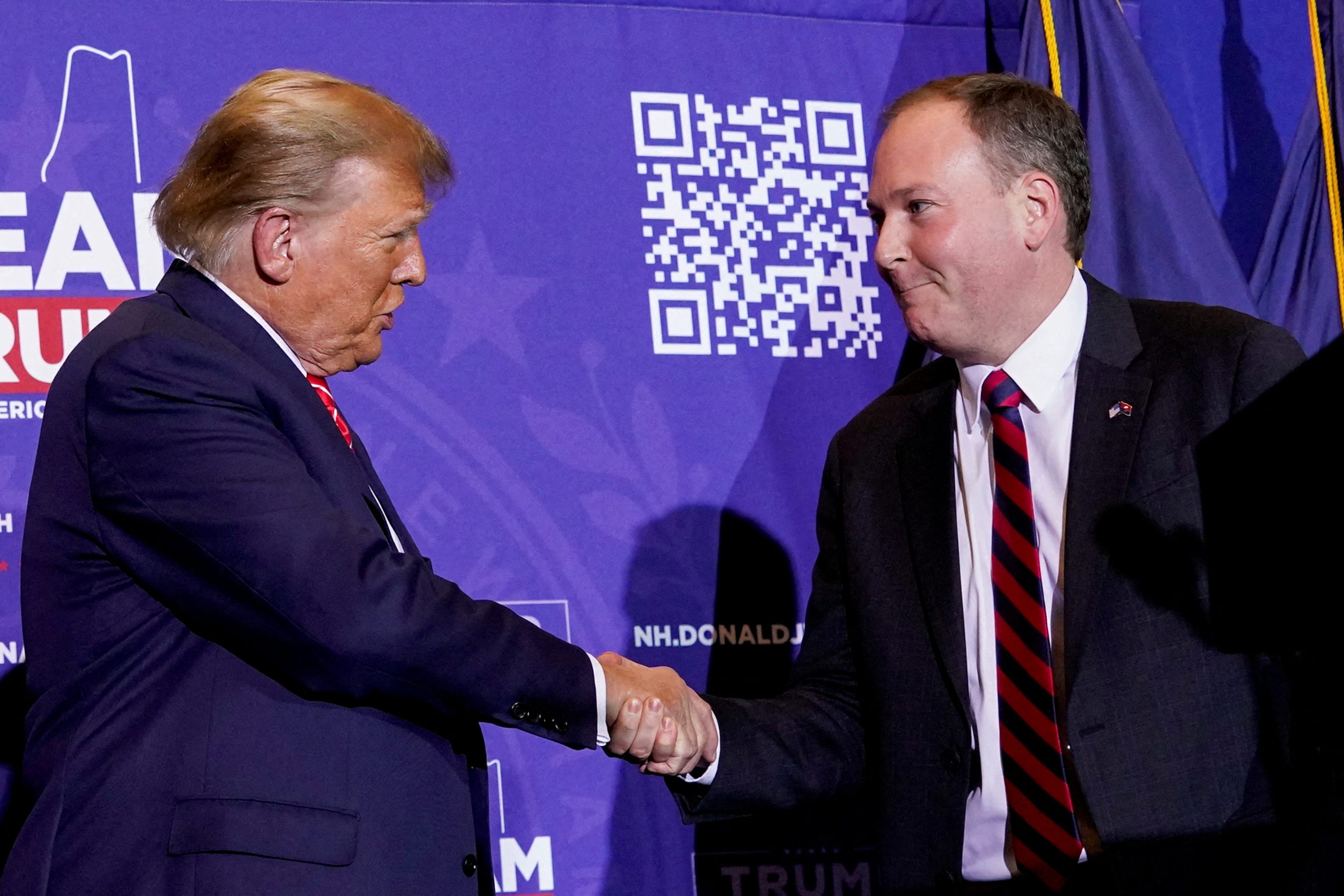“Netanyahu isn’t focused on peace or negotiations; he’s focused on Trump,” alleges senior Hamas official Taher Al-Nunu, accusing the Israeli Prime Minister of exploiting war for electoral gain.
In a bombshell accusation, a senior Hamas figure has blasted Israeli Prime Minister Benjamin Netanyahu for allegedly leveraging the brutal conflict with Palestinians and Lebanese forces as a springboard to boost Donald Trump’s bid for the U.S. presidency. Taher Al-Nunu, a spokesperson for the Hamas resistance movement, lambasted Netanyahu’s motivations, claiming, “The occupation is not serious about peace talks; Netanyahu is dragging his feet to keep the chaos burning—because it serves Trump’s comeback bid.”
The remarks come as Gaza remains in a deadly vice, battered by relentless strikes that have already claimed scores of civilian lives. Al-Nunu’s accusations point to a disturbing calculus he alleges is driving Israel’s leadership: prolonging the war not for security, but for the sway it could hold over American elections. With Trump actively seeking a return to power, Al-Nunu argued Netanyahu is dead set on keeping him in the White House, a strategy Al-Nunu branded as “political warfare on the backs of Palestinians.”
The impact in Gaza, Al-Nunu insists, has been catastrophic: “They’re not just targeting fighters; they’re leveling entire blocks, hospitals, and schools. And yet, the world remains silent.” The Hamas official voiced his outrage, decrying what he described as a systematic erasure of Gaza’s infrastructure, a policy he says is designed to leave the Strip incapacitated and cornered.
Yet Al-Nunu hinted at a new determination emerging among Palestinian factions, a unified stance to resist any external governance in Gaza following the conflict. Hamas, alongside other groups, has reportedly been engaged in behind-the-scenes discussions aimed at drafting a collective post-war plan. The resistance movement’s firm position, as Al-Nunu made clear, is to “exclude any non-Palestinian party from ruling Gaza’s future.” These internal consultations are aimed at securing Gaza’s autonomy in a way that doesn’t yield to international pressures or influence.
But Al-Nunu wasn’t just speaking to politicians; he directed a passionate plea to the Arab world, calling on neighboring nations to refuse the normalization of what he calls a “massacre” against Palestinians. “We need our Arab brothers to wake up to the reality and not normalize the destruction of Gaza,” he urged, highlighting a renewed call for regional solidarity.
And with unwavering intensity, Al-Nunu aimed his words squarely at Palestinians in the occupied territories, proclaiming the conflict a defining moment for Palestinian liberation. “Al-Aqsa Flood is our chance. We must seize it to end the occupation and free our land.” As Gaza reels from the relentless onslaught, this message of resistance remains a rallying cry for Palestinians across the region.
It’s a confrontation that goes beyond bullets and bombs—it’s a battle for influence, politics, and the soul of a fractured land. The stakes? Perhaps nothing less than the future of the U.S.-Israeli relationship and the fate of an entire people caught in its crosshairs.



